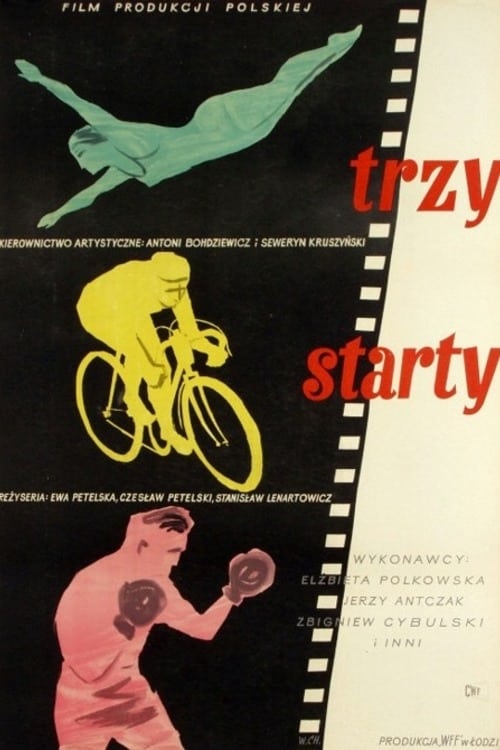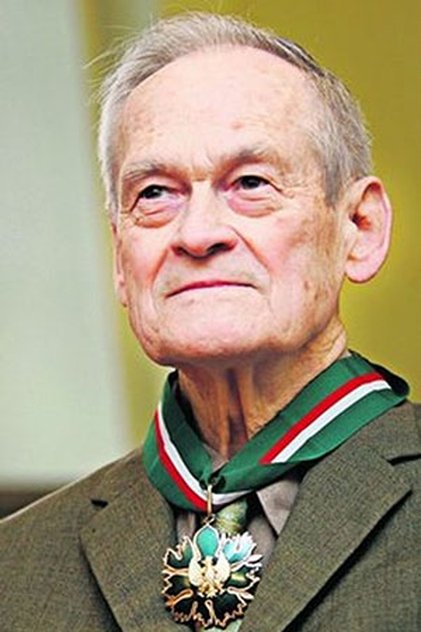
Stanisław Lenartowicz
Stanislaw Lenartowicz was a Polish film director and screenwriter. He was born on February 7, 1921, in Dzianowo in the Vilnius region. During the war, he was a soldier of the Home Army, then a prisoner of the Kaluga camp in Russia. Following repatriation in 1946, he settled in Wrocław. He graduated from the Faculty of Philology of the University of Wroclaw and the Directing Department of Łódź Film School (1953), where his supervisor was Antoni Bohdziewicz. He began directing films for the Educational Film Studio in Łódź, with which he cooperated in 1952-1955. It was there that he made Miniatury Kodeksu Behema/The Behem Code Miniatures (1953), awarded the Special Award at the Oberhausen festival five years later. Later, he adapted the novel by Stanisław Dygat as part of the film Trzy starty/Three Takeoffs (1955). His film debut, Zimowy zmierzch/Winter Dusk (1956), sparked violent disputes and polemics among Polish film critics; on the backdrop of the socialist realist poetics of that era, the film stood out with its innovative narrative and visual layers rich in meanings. His subsequent films, Pigułki dla Aurelii/Pills for Aurelia (1958) and Giuseppe w Warszawie/Giuseppe in Warsaw (1964), addressed the subject of war, but presented it in a way stripped of heroism. He also depicted the forgotten world of the Polish provinces, focusing on observations of detail and mentality (Czerwone i złote/Red and Gold, 1969, based on writings by Stanisław Grochowiak, an award at the Valladolid festival). He addressed the maritime theme twice: in Cała naprzód/Full Steam Ahead (1966) and Martwa fala/ Still Wave (1970). He also attempted to adapt the prose of Tadeusz Dołęga-Mostowicz in Pamiętnik pani Hanki/The Diary of Mrs. Hanka (1963). On the set, he gladly collaborated with Zbigniew Cybulski. Lenartowicz’s interest in Russian culture is reflected in the television series he directed which are adaptations of classic Russian novels. They were made at the request of Canadian television in the late 1960s. These include the movies Brawler (based on Turgenev), Phantom (Tolstoy), Postmaster (Pushkin) completed in 1967. In 1979, he directed Strachy/Spooks, a series based on the prose of Maria Ukniewska, about the life of Warsaw actors. After the introduction of martial law, he retired from the profession. In 1959, he received the Award of the City of Wroclaw; a year later, he was also awarded the Gold Cross of Merit. At the end of his life, he was awarded the Gold Medal for Merit to Culture – Gloria Artis. He died on October 28, 2010, in Wrocław. by Beata Pieńkowska From Polish Film Academy - History of Polish Cinema http://akademiapolskiegofilmu.pl/en/historia-polskiego-filmu/directors/stanislaw-lenartowicz/65
- Known ForDirecting
- Born7 February 1921 (age 104)
- Place of Birth
Stanisław Lenartowicz

- Known ForDirecting
- Born7 February 1921 (age 104)
- Place of Birth

Academy Leader Variations
1987

Szkoda twoich łez
1985
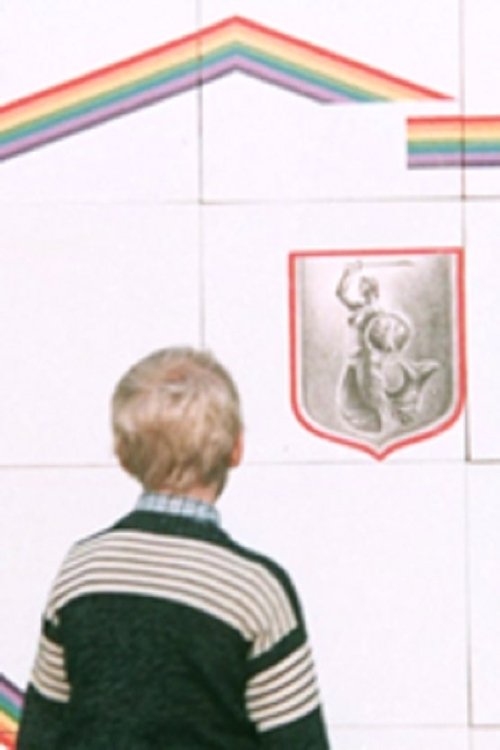
KTO TY JESTEŚ?
1985

Portrait
1977

Żelazna obroża
1976
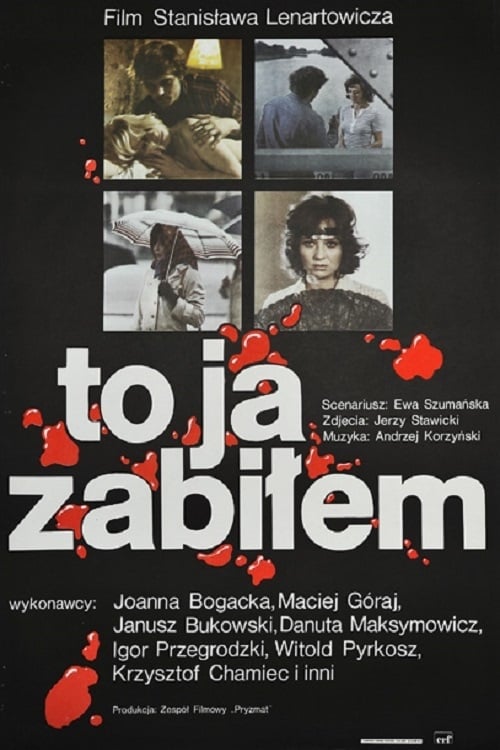
I killed
1975
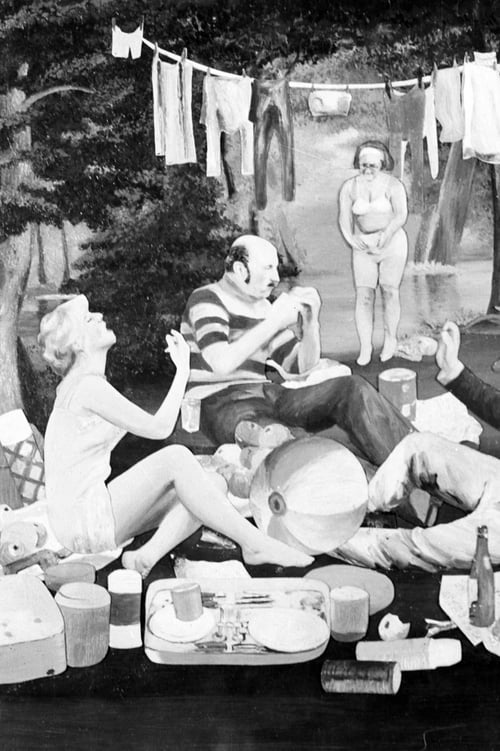
Breakfast on the Grass
1975

Possession
1973
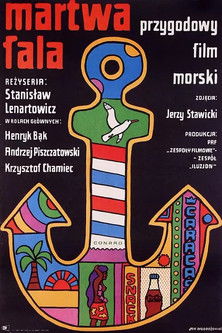
Martwa fala
1971
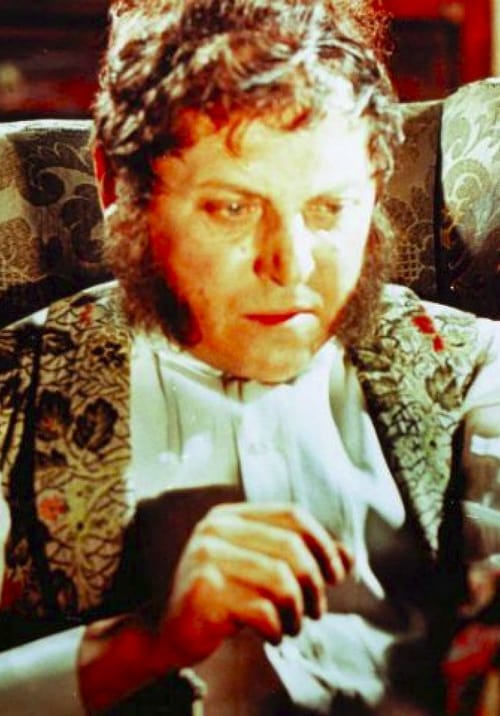
Nos
1971
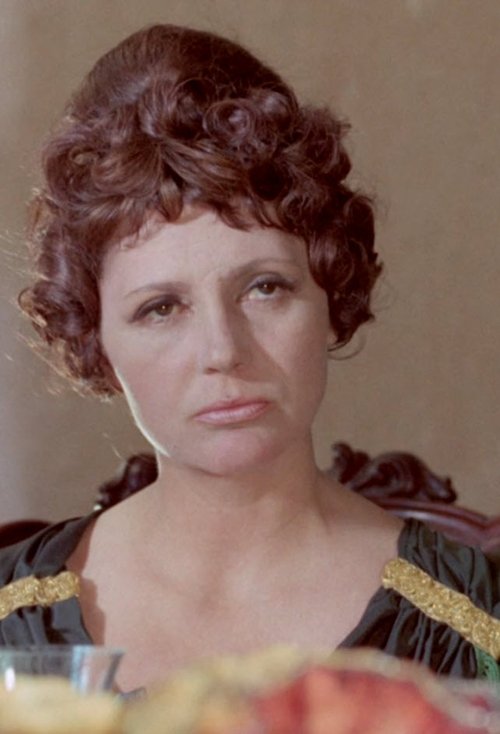
Aktorka
1971
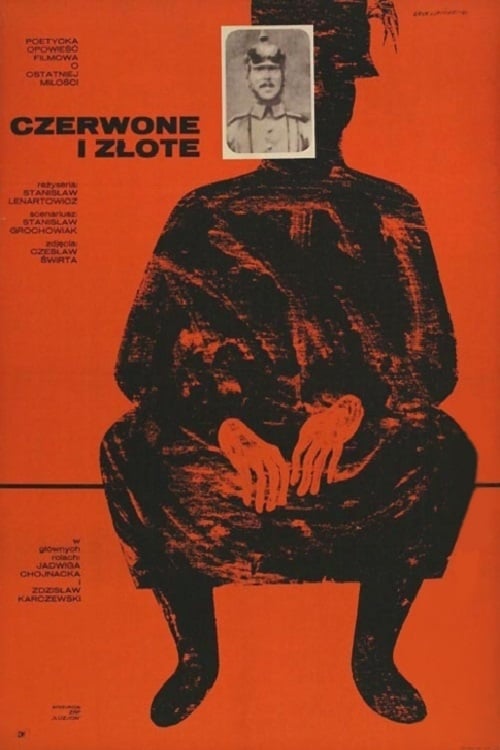
The Red and the Gold
1969

Fatalista
1968
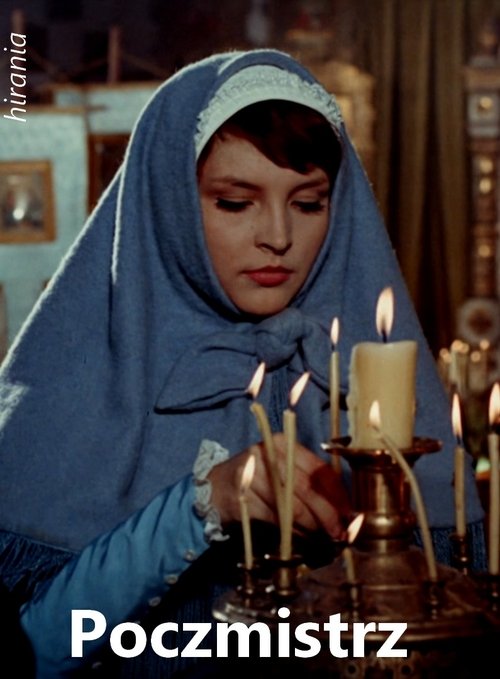
Poczmistrz
1968
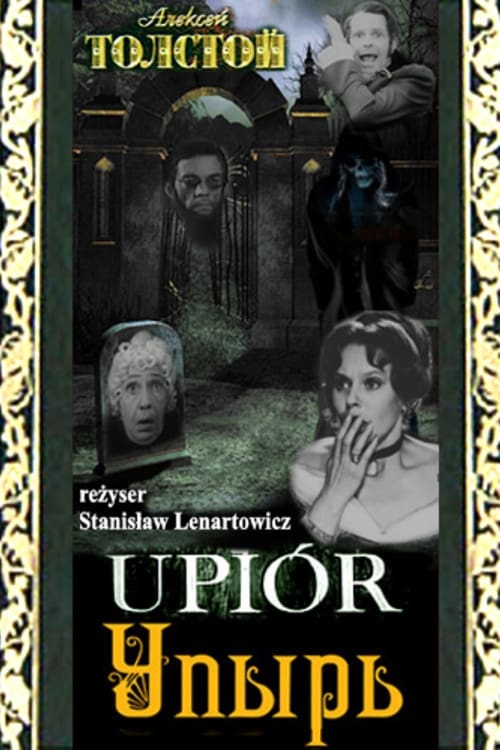
The Vampire
1968

Zabijaka
1967
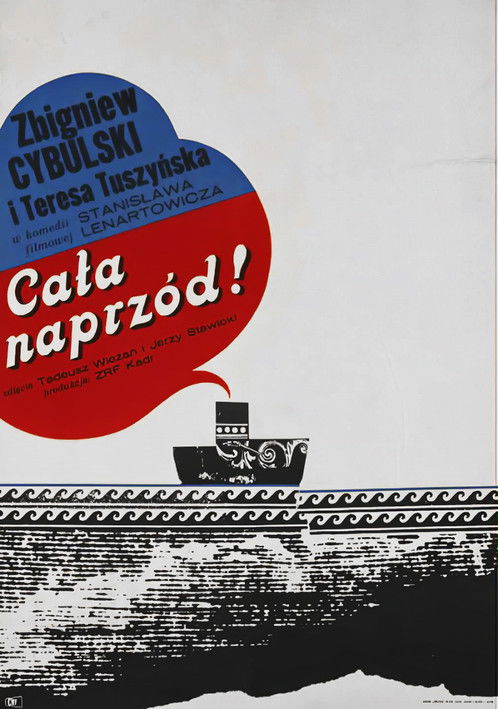
Full Ahead
1967
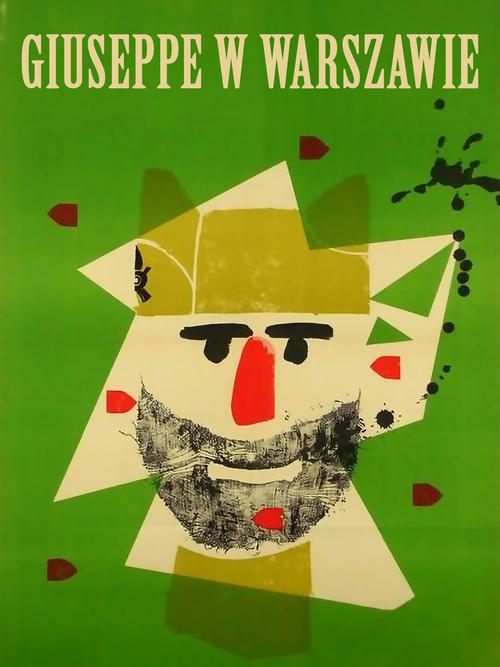
Giuseppe in Warsaw
1964
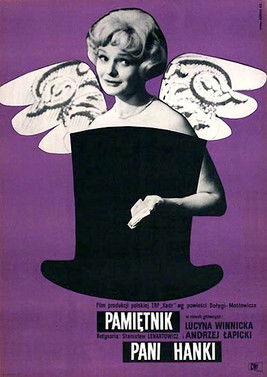
Mrs. Hanka's Diary
1963
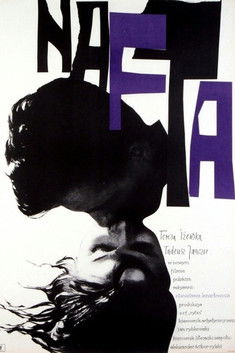
Nafta
1961
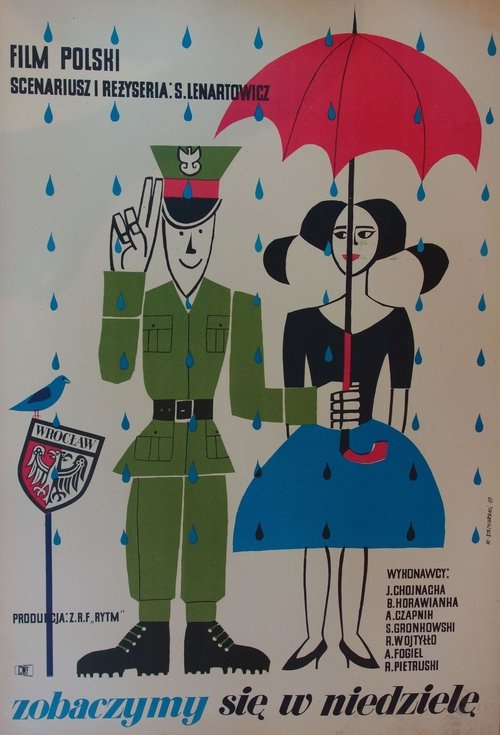
Zobaczymy się w niedzielę
1960
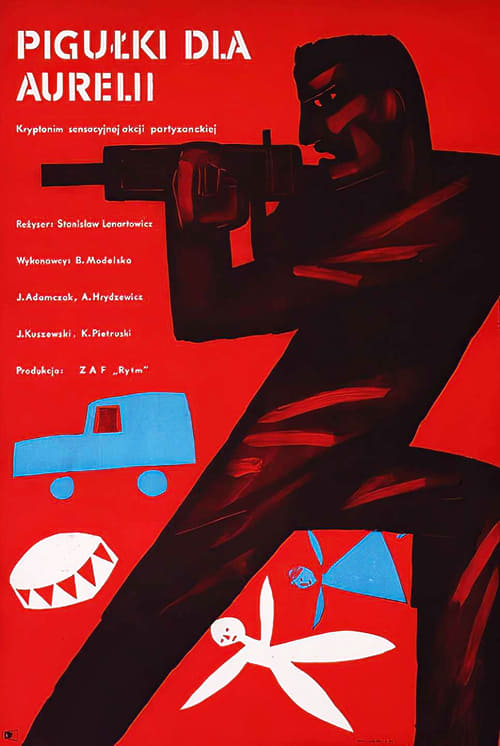
Pills for Aurelia
1958
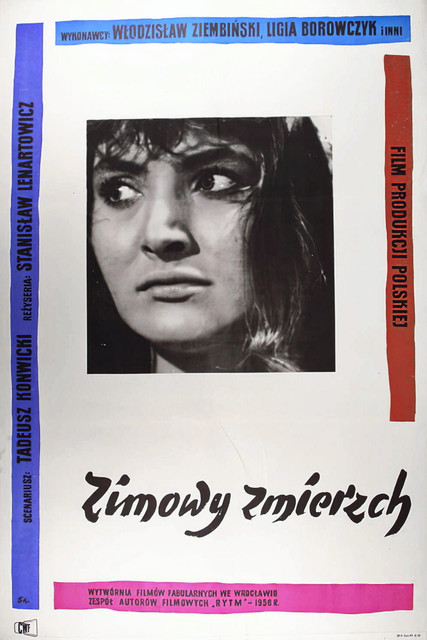
Winter Twilight
1957
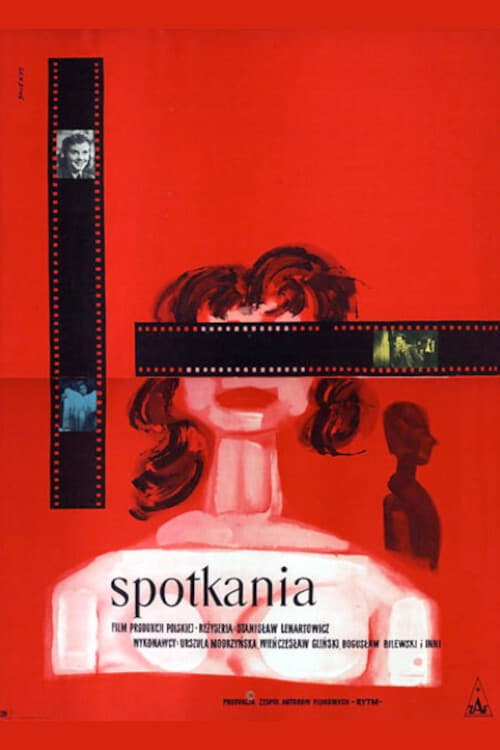
Spotkania
1957
